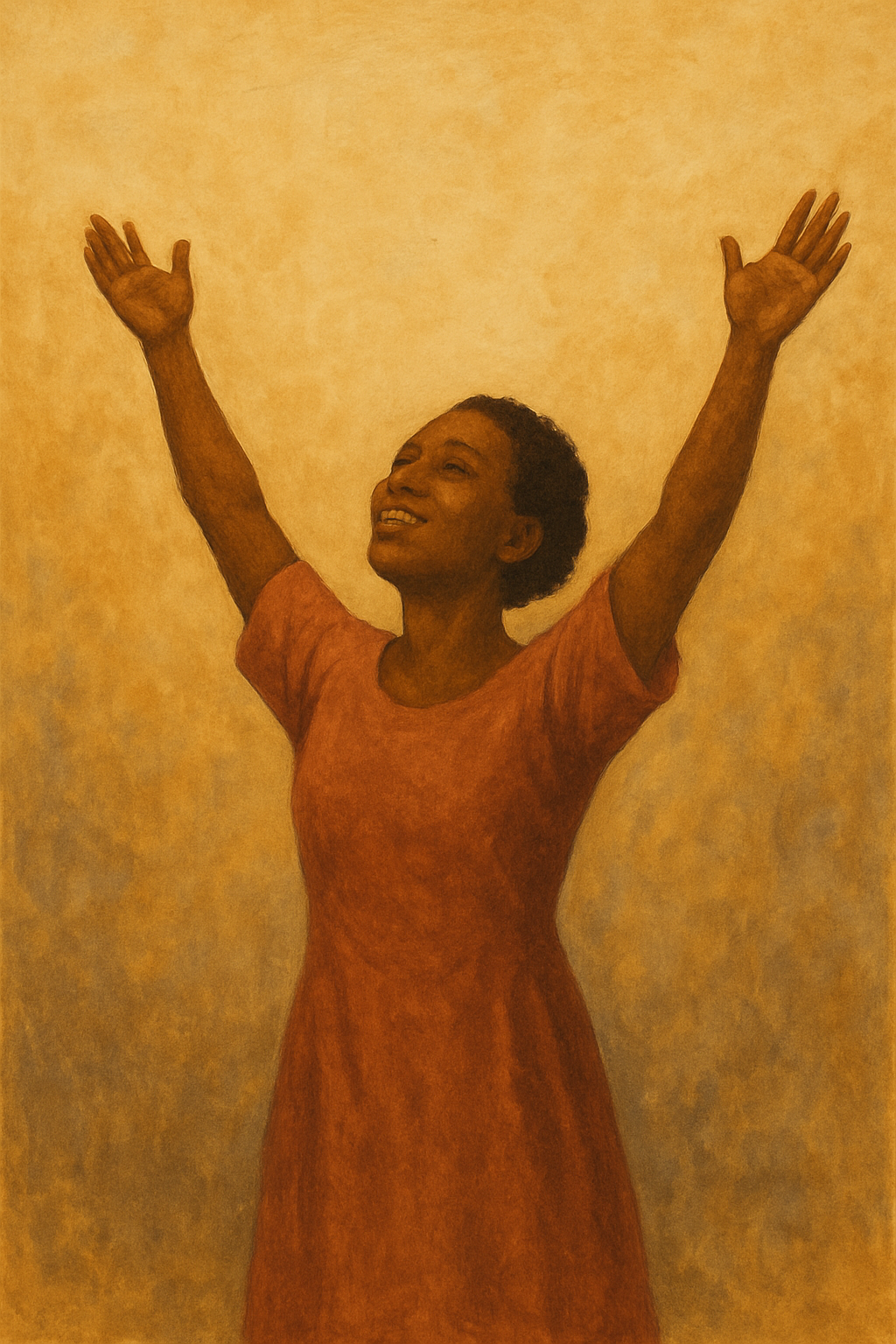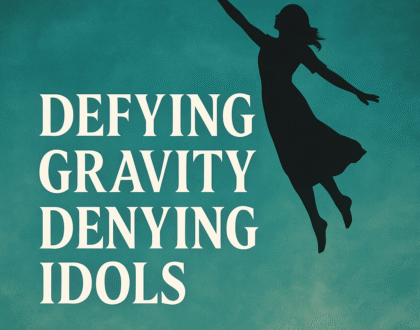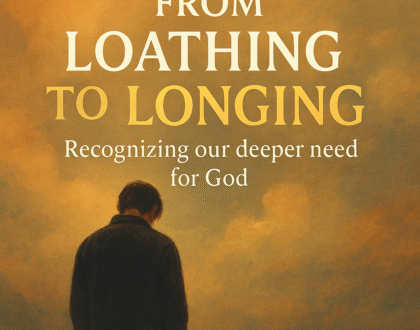Embracing Sabbath: From Burden to Blessing

Grace is the melody that carries us from brokenness to wholeness, from being bent under life’s burdens to standing tall in God’s presence. The story of the bent-over woman in Luke 13 is not just about physical healing, but about the deep spiritual and emotional weight that so many of us carry. Like her, we often find ourselves bowed down by the relentless demands of work, worry, grief, and the pressures of daily life. Yet, in the midst of our heaviness, God calls us to Sabbath—a sacred pause not merely for rest, but for release and renewal.
Sabbath is more than a day off or a nap; it is God’s invitation to let go of what binds us and to set others free as well. Isaiah 58 reminds us that true Sabbath is found in removing the yoke from among us, ceasing the pointing of fingers, and satisfying the needs of the afflicted. It is a time to stop thinking only of ourselves and to turn our hearts outward, toward God and neighbor. When we gather as a community, we embody this freedom, sharing one another’s burdens and reminding each other that we do not have to walk alone.
Jesus’ act of healing on the Sabbath challenges the narrow, rule-bound understanding of rest. He shows that Sabbath is not about rigidly avoiding work, but about actively participating in God’s work of liberation and restoration. When we practice Sabbath in this way, we are like watered gardens, revived and restored, standing tall in the strength God provides. Sabbath is a return to Eden—a taste of the wholeness and delight for which we were created.
But Sabbath also straightens our vision. It lifts our eyes from our own concerns so we can see the needs of those around us. It calls us to put down our distractions and truly notice the suffering and beauty in our midst. When we honor Sabbath as God intends, it transforms our gloom into joy, our burdens into blessings, and our isolation into community. We are set free to rejoice, to help, and to walk tall in the light of God’s love.
Key Scriptures
Isaiah 58:6-14
Luke 13:10-17
Key Takeaways
- Sabbath is about Release, not just Rest – Sabbath is not simply a command to stop working, but an invitation to let go of the burdens that weigh us down and to set others free from theirs. It is a holy pause that allows us to release what binds us—whether it’s anxiety, grief, or the relentless drive to do it all ourselves. True Sabbath is found in the freedom God gives, not in the rules we keep.
- Community is Central to Sabbath – We are not meant to carry life’s burdens alone. Sabbath is a communal practice where we share the load, support one another, and remind each other that we are not alone. The joy of Sabbath is found in helping and being helped, in the mutual care that reflects God’s own heart.
- Sabbath Restores and Revives Us – Just as a wilted plant springs back to life with water, Sabbath revives our weary spirits. It is not just about stopping, but about being renewed—standing tall again, restored in body, mind, and soul. Sabbath is God’s way of recreating Eden within us, giving us a fresh start and a strong spirit for the week ahead.
- Sabbath Straightens Our Vision – Sabbath is a time to lift our eyes from ourselves and our routines, to see God and the people around us more clearly. It challenges us to put aside distractions and self-interest, so we can notice and respond to the needs of others. In doing so, our hearts are straightened, and our vision is aligned with God’s compassion.
- Sabbath Transforms Burden into Blessing – When we honor Sabbath as God intends, it becomes a source of joy and delight, not a heavy obligation. Sabbath begins in burden but ends in blessing; it starts with heaviness but leads to rejoicing. In God’s Sabbath, we are set free to walk tall, to help others, and to live in the light and freedom of God’s love.
Questions for Reflection
- The sermon describes many ways we can be “bent over” by life’s burdens—work, worry, grief, and more. What is one burden you are carrying right now that you need to bring to God’s Sabbath for release?
- Sabbath is described as a time to let go of what binds us and to set others free. Is there something or someone you need to release this week—maybe a grudge, a worry, or a responsibility you’re holding too tightly?
- The message says, “You don’t have to hold it all together by yourself.” Who in your life can you ask for help, or who can you offer to help, as a way of practicing Sabbath community?
- The sermon challenges us to “put the cell phone down and look up at the world.” What is one distraction you need to set aside on Sabbath so you can notice God and the people around you?
- When have you experienced Sabbath as a source of joy and blessing, rather than just an obligation? How can you help make Sabbath a delight for yourself or your family this week?
Recommended Posts

Defying Gravity: Rising Above What Pulls You Down
October 2, 2025

God’s Heartbreak
September 22, 2025

From Loathing to Longing
September 16, 2025
